
-
 Afrikaans
Afrikaans -
 Albanian
Albanian -
 Amharic
Amharic -
 Arabic
Arabic -
 Armenian
Armenian -
 Azerbaijani
Azerbaijani -
 Basque
Basque -
 Belarusian
Belarusian -
 Bengali
Bengali -
 Bosnian
Bosnian -
 Bulgarian
Bulgarian -
 Catalan
Catalan -
 Cebuano
Cebuano -
 Corsican
Corsican -
 Croatian
Croatian -
 Czech
Czech -
 Danish
Danish -
 Dutch
Dutch -
 Инглиз
Инглиз -
 Esperanto
Esperanto -
 Estonian
Estonian -
 Finnish
Finnish -
 French
French -
 Frisian
Frisian -
 Galician
Galician -
 Georgian
Georgian -
 German
German -
 Greek
Greek -
 Gujarati
Gujarati -
 Haitian Creole
Haitian Creole -
 hausa
hausa -
 hawaiian
hawaiian -
 Hebrew
Hebrew -
 Hindi
Hindi -
 Miao
Miao -
 Hungarian
Hungarian -
 Icelandic
Icelandic -
 igbo
igbo -
 Indonesian
Indonesian -
 irish
irish -
 Italian
Italian -
 Japanese
Japanese -
 Javanese
Javanese -
 Kannada
Kannada -
 kazakh
kazakh -
 Khmer
Khmer -
 Rwandese
Rwandese -
 Korean
Korean -
 Kurdish
Kurdish -
 Kyrgyz
Kyrgyz -
 Lao
Lao -
 Latin
Latin -
 Latvian
Latvian -
 Lithuanian
Lithuanian -
 Luxembourgish
Luxembourgish -
 Macedonian
Macedonian -
 Malgashi
Malgashi -
 Malay
Malay -
 Malayalam
Malayalam -
 Maltese
Maltese -
 Maori
Maori -
 Marathi
Marathi -
 Mongolian
Mongolian -
 Myanmar
Myanmar -
 Nepali
Nepali -
 Norwegian
Norwegian -
 Norwegian
Norwegian -
 Occitan
Occitan -
 Pashto
Pashto -
 Persian
Persian -
 Polish
Polish -
 Portuguese
Portuguese -
 Punjabi
Punjabi -
 Romanian
Romanian -
 Russian
Russian -
 Samoan
Samoan -
 Scottish Gaelic
Scottish Gaelic -
 Serbian
Serbian -
 Sesotho
Sesotho -
 Shona
Shona -
 Sindhi
Sindhi -
 Sinhala
Sinhala -
 Slovak
Slovak -
 Slovenian
Slovenian -
 Somali
Somali -
 Spanish
Spanish -
 Sundanese
Sundanese -
 Swahili
Swahili -
 Swedish
Swedish -
 Tagalog
Tagalog -
 Tajik
Tajik -
 Tamil
Tamil -
 Tatar
Tatar -
 Telugu
Telugu -
 Thai
Thai -
 Turkish
Turkish -
 Turkmen
Turkmen -
 Ukrainian
Ukrainian -
 Urdu
Urdu -
 Uighur
Uighur -
 Uzbek
Uzbek -
 Vietnamese
Vietnamese -
 Welsh
Welsh -
 Bantu
Bantu -
 Yiddish
Yiddish -
 Yoruba
Yoruba -
 Zulu
Zulu
Reed Thread Roller | Precision Pipe & Screw Threading Machine
Introduction to Advanced Thread Rolling Technology and Industry Trends
In the dynamic landscape of modern manufacturing, precision and efficiency are paramount. The demand for robust, high-integrity threaded components across diverse industries has never been greater. Central to meeting this demand is the sophisticated reed thread roller. This specialized machinery employs a cold-forming process to create precise threads on various workpieces, including bolts, rebars, and pipes, significantly enhancing their mechanical properties and structural integrity.
The global market for thread rolling machines is experiencing consistent growth, driven by increasing automation in manufacturing, the need for higher precision components, and advancements in material science. Key trends include the integration of CNC (Computer Numerical Control) systems for enhanced accuracy and repeatability, the development of machines capable of handling a wider range of materials (from standard carbon steels to high-strength alloys and non-ferrous metals), and a strong emphasis on energy efficiency and reduced operational costs. The demand for reliable scaffolding pipe thread rolling machine solutions, for instance, underscores the construction sector's push for standardized and secure fastening systems. Furthermore, the evolution of screw rolling machine technology now incorporates advanced diagnostics and predictive maintenance, minimizing downtime and optimizing production schedules for critical applications.
Manufacturers are continuously innovating to improve cycle times, reduce material waste, and achieve superior thread quality, which is crucial for components subjected to high stress or fatigue loads. The shift towards automated systems, coupled with stringent quality control standards, positions high-performance thread rollers as indispensable assets in industries ranging from automotive and aerospace to construction and infrastructure.
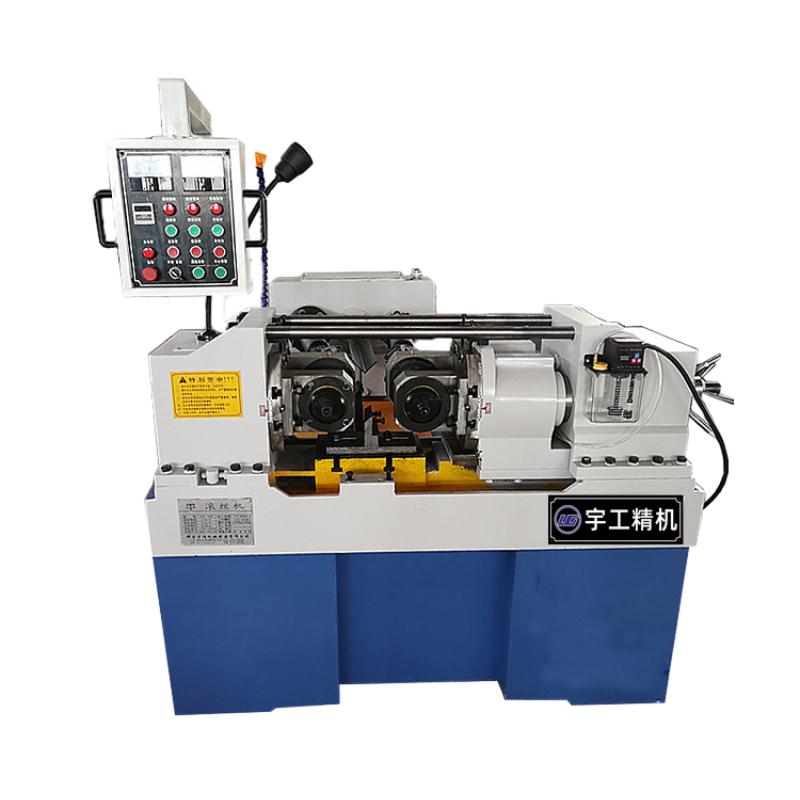
Fig 1: High-speed bolt rebar thread rolling machine in operation.
Manufacturing Process Flow of Reed Thread Roller Components
The creation of a high-quality reed thread roller machine involves a multi-stage, precision-driven manufacturing process, ensuring the final product delivers exceptional performance and longevity. This process begins with meticulous material selection and extends through advanced machining and rigorous testing.
Detailed Process Steps:
- Material Selection and Preparation: High-grade alloy steels, such as 42CrMo or similar tool steels, are chosen for critical components like the rolling dies due to their excellent hardness, wear resistance, and fatigue strength. Machine frames typically utilize robust cast iron or fabricated steel to ensure structural rigidity and vibration damping. Materials undergo initial quality checks for composition and structural integrity.
- Casting and Forging: Large structural components, like the main body and certain gear housings, may be produced via precision casting processes to achieve complex geometries and inherent stability. Critical load-bearing parts, especially the rolling dies, are often forged to refine grain structure, eliminate internal defects, and enhance mechanical properties, ensuring exceptional service life under extreme pressure.
- CNC Machining: Components then proceed to advanced CNC machining centers. Multi-axis CNC lathes, milling machines, and grinding machines are used to achieve tight tolerances for critical dimensions. This stage ensures precise alignment of all mechanical parts, which is fundamental for accurate thread formation and reduced machine wear.
- Heat Treatment: A crucial step for rolling dies and other high-wear parts. Processes like induction hardening, carburizing, or nitriding are applied to achieve specific surface hardness while maintaining a tough core. This optimizes wear resistance and extends the service life of components, directly impacting the machine's overall durability and the quality of the threads produced.
- Surface Finishing: Precision grinding, lapping, and polishing operations are performed on functional surfaces to reduce friction, improve mating accuracy, and enhance corrosion resistance. Protective coatings, if required, are also applied at this stage.
- Assembly: Skilled technicians assemble the machine, integrating mechanical, hydraulic, and electrical systems. This includes precise alignment of rolling dies, calibration of hydraulic pressure, and programming of PLC (Programmable Logic Controller) for automated operation.
- Testing and Quality Assurance: Every machine undergoes rigorous functional and performance testing. This includes dimensional accuracy checks of produced threads, assessment of rolling force, motor performance, vibration analysis, and noise levels. Adherence to international standards such as ISO 9001 for quality management, and product-specific standards like ANSI/ASME for thread profiles, ensures consistent quality and reliability. The typical service life of our machines, when properly maintained, exceeds 15 years, a testament to our robust manufacturing and quality control.
Target Industries and Advantages:
Our thread rolling machines are designed to serve critical sectors including petrochemical, metallurgy, water supply & drainage, construction, and automotive. In these demanding environments, advantages such as energy saving, corrosion resistance, and exceptional thread strength are paramount. For instance, in petrochemical applications, where components are exposed to corrosive agents, the cold-formed threads produced by our machines exhibit superior material grain flow, increasing resistance to stress corrosion cracking and fatigue. This contributes to enhanced operational safety and reduced maintenance costs. The inherent energy-saving capabilities stem from optimized hydraulic and motor systems, reducing power consumption during continuous operation, typically achieving 15-20% energy savings compared to conventional cutting methods for threading.
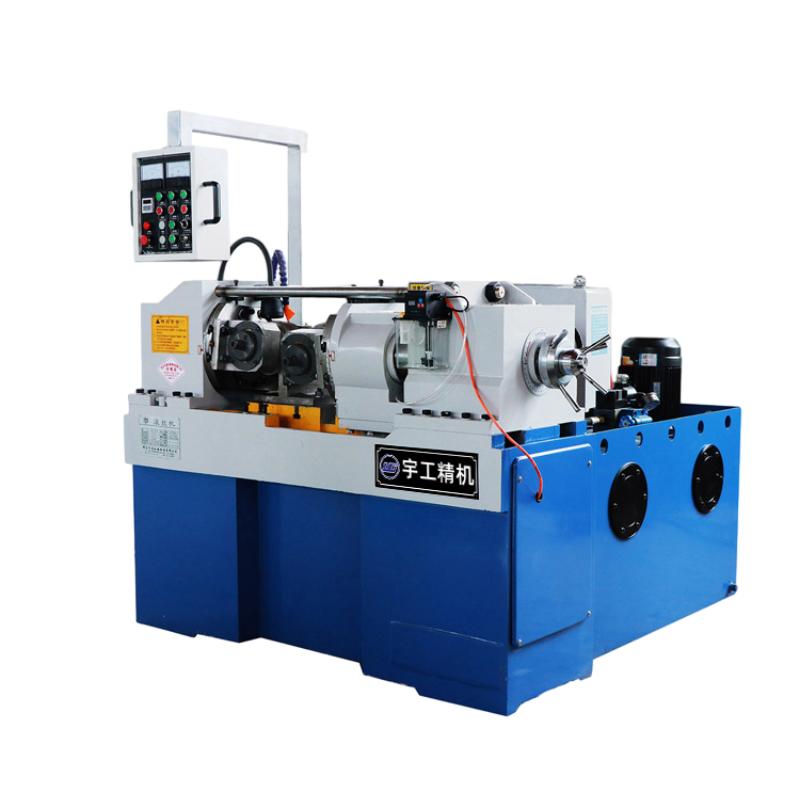
Fig 2: Precision engineering of thread rolling dies.
Technical Specifications: Automatic High Speed Bolt Rebar Thread Rolling Machine
Our Automatic High Speed Bolt Rebar Thread Rolling Machine represents the pinnacle of modern thread forming technology, a core application of reed thread roller principles. Engineered for high precision and robust performance, this machine is ideal for mass production of threaded components for various industries. Below are the detailed specifications for our flagship model, designed to meet the rigorous demands of industrial production.
| Parameter | Specification |
|---|---|
| Model Number | MTR-BHM2000 |
| Max. Rolling Diameter (Solid Bar) | Ø 6 mm - 48 mm |
| Max. Rolling Diameter (Hollow Pipe) | Ø 10 mm - 100 mm |
| Thread Pitch Range | 0.5 mm - 6.0 mm (Metric & Imperial) |
| Max. Thread Length | Continuous (through-feed) or 300 mm (in-feed) |
| Rolling Force | 10 - 25 Tons (Adjustable Hydraulic) |
| Main Motor Power | 7.5 kW (10 HP) |
| Spindle Speed | 20 - 60 RPM (Variable Frequency Drive) |
| Feed System | Hydraulic Automatic Feed |
| Control System | PLC with HMI Touch Screen Interface |
| Cooling System | Integrated Oil Cooling System |
| Machine Dimensions (L x W x H) | 2200 x 1400 x 1600 mm |
| Machine Weight | Approx. 2500 kg |
| Material Compatibility | Carbon Steel, Alloy Steel, Stainless Steel, Aluminum, Copper |
| Certifications | CE, ISO 9001:2015 |
These specifications highlight the machine's capability to deliver high-quality, precise threads with exceptional efficiency, making it an indispensable tool for manufacturers prioritizing robust and reliable fastening solutions.
Versatile Application Scenarios for Thread Rolling Machines
The versatility of the screw thread rolling machine extends across a myriad of industries, each benefiting from its ability to produce stronger, more accurate, and cost-effective threaded components. Its cold-forming process is superior to cutting-based methods, especially for critical applications.
- Construction and Infrastructure: Essential for producing high-strength rebar threads for concrete reinforcement, foundation bolts, and tie rods. The scaffolding pipe thread rolling machine variant is crucial for creating robust, secure connections in temporary support structures, ensuring safety and compliance with building codes.
- Automotive Industry: Used for manufacturing high-integrity fasteners, engine bolts, axle bolts, and specialized components where fatigue resistance and consistent torque values are critical. Cold-rolled threads enhance the fatigue life of automotive parts by up to 30%.
- Aerospace and Defense: Production of critical fasteners for aircraft structures, engine components, and military equipment. The enhanced strength and absence of micro-tears from cold rolling are vital for components subjected to extreme stresses and vibrations.
- Machinery Manufacturing: Creating threads for lead screws, worm gears, machine tool components, and various industrial fasteners. The precision and consistent quality reduce assembly time and improve the overall reliability of complex machinery.
- Energy Sector (Oil & Gas, Renewable Energy): Manufacturing threaded components for pipelines, drilling equipment, wind turbine anchor bolts, and solar panel mounting systems. These applications demand exceptional corrosion resistance and high tensile strength to withstand harsh environmental conditions.
- General Fastener Production: A core application, allowing for the high-volume, cost-effective production of standard and custom bolts, screws, and studs for a wide array of consumer and industrial products. Businesses looking to buy screw thread rolling machine solutions often prioritize versatility for diverse fastener requirements.
The ability to form threads on various materials, from common steels to high-strength alloys and non-ferrous metals, further solidifies the thread roller's position as an indispensable tool in modern manufacturing.
Key Technical Advantages of Our Reed Thread Roller Machines
Our state-of-the-art reed thread roller machines offer distinct technical advantages that set them apart in the industrial threading market. These benefits translate directly into superior product quality, operational efficiency, and long-term cost savings for our B2B clients.
- Superior Thread Strength and Fatigue Life: Unlike thread cutting, which removes material and disrupts the metal's grain structure, thread rolling cold-forms the material. This process compresses the grain flow, enhancing the material's tensile, shear, and fatigue strength. Components produced by rolling can exhibit up to 50% higher fatigue resistance compared to cut threads, crucial for high-stress applications.
- Exceptional Surface Finish and Accuracy: The cold-forming process results in a smoother, burnished thread surface, reducing friction and improving corrosion resistance. Our machines consistently achieve thread accuracies conforming to ISO standards (e.g., 6g or 6H classes), ensuring perfect mating with nuts and reducing assembly issues.
- Material Savings and Efficiency: Thread rolling is a chipless process, meaning no material is wasted in the form of chips. This offers significant material savings, especially with expensive alloys. Furthermore, the high-speed operation of our automatic machines dramatically increases production rates, often yielding hundreds of pieces per minute, leading to substantial cost-per-part reduction.
- Enhanced Durability and Reduced Wear: Built with robust, heat-treated alloy steel components and precision-engineered hydraulics, our machines are designed for continuous, heavy-duty operation. The use of high-quality bearings and lubrication systems ensures minimal wear on critical parts, extending machine service life and minimizing maintenance requirements.
- Advanced Control Systems: Equipped with intuitive PLC-based control panels and HMI touch screens, our machines offer precise control over rolling parameters (e.g., rolling force, feed rate, cycle time). This allows for rapid setup, easy adjustment, and consistent replication of specific thread profiles, minimizing operator error and maximizing output quality.
- Versatility Across Materials and Thread Forms: Our machines can produce a wide variety of thread forms (e.g., metric, imperial, Acme, trapezoidal, pipe threads) on a diverse range of materials, including carbon steels, alloy steels, stainless steels, aluminum, brass, and titanium. This flexibility makes them a valuable asset for manufacturers with varied product portfolios.
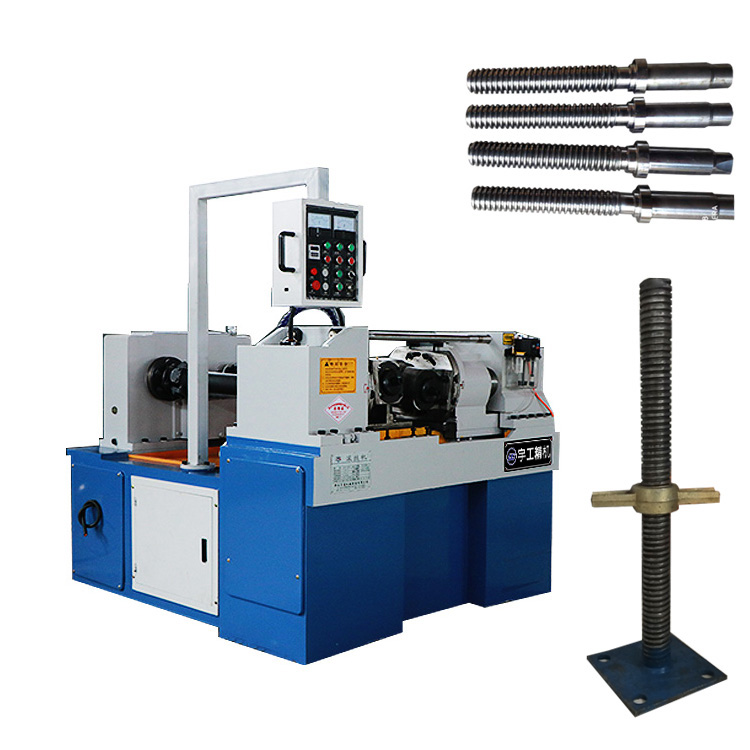
Fig 3: Close-up of the robust rolling mechanism.
Vendor Comparison: Selecting the Optimal Reed Thread Roller Solution
Choosing the right vendor for a reed thread roller machine is a critical decision that impacts long-term operational efficiency, product quality, and return on investment. While numerous suppliers exist, a comprehensive evaluation across several key factors is essential. The table below outlines a comparison framework to aid B2B decision-makers.
| Feature/Criterion | Leading Global Manufacturers (e.g., Motetools) | Mid-Tier Manufacturers | Budget/Regional Manufacturers |
|---|---|---|---|
| Product Quality & Precision | Excellent (ISO/CE certified, sub-micron tolerances, superior surface finish) | Good (Meets basic industry standards, reasonable tolerances) | Acceptable (May vary, less consistent precision) |
| Technology & Innovation | Cutting-edge (CNC, HMI, IoT integration, advanced hydraulics) | Standard (PLC control, hydraulic systems) | Basic (Manual or semi-automatic) |
| After-Sales Support & Service | Global network, 24/7 technical support, on-site training, extensive spare parts inventory | Regional support, standard warranty, parts availability varies | Limited support, basic warranty, parts may be difficult to source |
| Customization Capabilities | High (Tailored solutions for unique material, size, or automation needs) | Moderate (Limited modifications to standard models) | Low (Standard off-the-shelf products) |
| Total Cost of Ownership (TCO) | Higher initial investment, but lower long-term costs due to durability, efficiency, and minimal downtime | Moderate initial cost, TCO can be higher with potential for more downtime/maintenance | Lowest initial cost, but highest TCO due to frequent breakdowns, high maintenance, and lower output |
| Certifications & Compliance | ISO 9001, CE, RoHS, etc. Industry-specific certifications | Basic CE certification or local standards | Minimal or no international certifications |
When making a purchasing decision, it's crucial to look beyond the initial price tag and consider the long-term value, reliability, and support offered by the vendor. A higher initial investment in a top-tier machine often yields significant returns through enhanced productivity, superior product quality, and reduced operational expenditures over its extensive service life.
Tailored Solutions for Specific Industrial Demands
Recognizing that every industrial application has unique requirements, we specialize in providing customized screw rolling machine solutions. Our engineering team collaborates closely with clients to develop thread rolling machines that precisely meet their specific production needs, ensuring optimal performance and seamless integration into existing manufacturing lines.
- Material Specifics: Whether processing exotic alloys for aerospace, high-carbon steel for heavy machinery, or non-ferrous metals for electronics, we can configure rolling dies and machine parameters to achieve optimal thread quality and machine longevity for challenging materials.
- Component Size and Thread Type: From micro-threads on small fasteners to large-diameter threads on structural components or pipes for scaffolding pipe thread rolling machine applications, our machines can be adapted. We offer customized tooling and machine designs to accommodate a wide range of thread pitches, forms (e.g., Unified, Metric, Acme, Buttress), and lengths.
- Automation and Integration: We provide solutions ranging from semi-automatic machines to fully integrated, automated production lines. This includes custom feeding systems (e.g., vibratory bowls, hoppers, robotic loaders), automated outfeed systems, and integration with upstream and downstream processes (e.g., cutting, washing, inspection), all managed by advanced PLC systems.
- Environmental and Safety Compliance: Machines can be tailored to meet specific environmental regulations (e.g., noise reduction, coolant management) and stringent safety standards applicable in various regions, including CE and OSHA requirements.
- Production Volume Requirements: Whether a client needs high-volume continuous production or flexible batch processing, we can configure the machine's speed, automation level, and tooling changeover mechanisms to match desired output rates and operational flexibility.
Our approach ensures that clients receive not just a machine, but a complete threading solution optimized for their unique operational environment and product specifications, delivering maximum efficiency and return on investment.
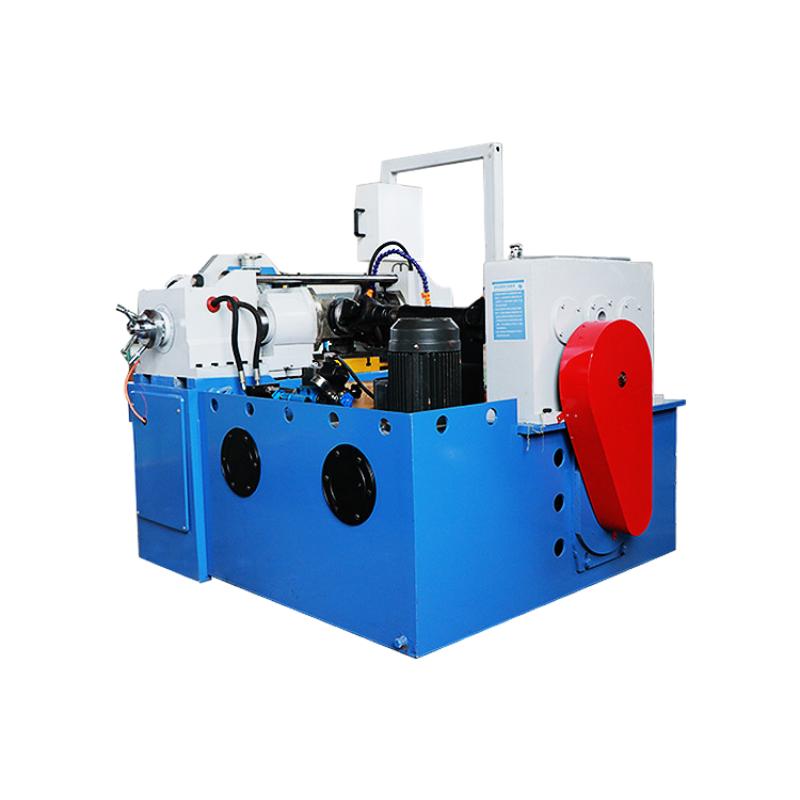
Fig 4: Custom tooling and dies for specialized thread profiles.
Real-World Application Case Studies
Our commitment to delivering high-performance screw thread rolling machine technology is best illustrated through the success of our clients. Below are examples of how our solutions have addressed specific challenges and delivered measurable benefits.
Case Study 1: High-Volume Fastener Production for Automotive Industry
A leading automotive fastener manufacturer faced challenges with inconsistent thread quality and high tool wear using traditional cutting methods for high-strength axle bolts (M16x1.5). They needed to improve fatigue life and reduce production costs to meet increasingly stringent OEM specifications.
Solution: We deployed an Automatic High Speed Bolt Rebar Thread Rolling Machine (MTR-BHM2000 model) integrated with an automated feeding system. The machine was calibrated for the specific alloy steel (4140 grade) used for the axle bolts, utilizing specialized high-speed steel rolling dies.
Results:
- Achieved a 35% increase in thread fatigue life compared to cut threads, surpassing OEM requirements.
- Reduced cycle time by 40%, boosting production output by 70,000 units per month.
- Eliminated material waste (chips) and extended tool life of rolling dies by 3x, leading to significant cost savings.
- Improved overall thread quality with consistent 6g class accuracy, minimizing assembly line rejections.
Case Study 2: Robust Rebar Threading for Large-Scale Infrastructure Project
A construction company working on a major bridge project required high-strength threaded connections for Ø32mm rebars. Manual threading was slow and inconsistent, while conventional machines struggled with the high tensile strength of the rebar steel (ASTM A615 Grade 60).
Solution: We provided a heavy-duty variant of our Automatic High Speed Bolt Rebar Thread Rolling Machine, equipped with enhanced rolling force capabilities and custom-designed dies for coarse rebar threads. The machine was configured for through-feed operation to handle long rebar lengths efficiently.
Results:
- Increased threading speed by 5x compared to previous methods, significantly accelerating project timelines.
- Achieved uniform thread profiles with material densification, ensuring maximum load-bearing capacity for critical connections.
- Reduced labor costs associated with threading operations by 60%.
- Maintained structural integrity of the rebar, crucial for safety and longevity of the infrastructure.
Ensuring Excellence: Our Commitment to Quality and Support
At the heart of our operations lies a steadfast commitment to quality, transparency, and unparalleled customer support. We adhere to the highest industry standards, ensuring that every reed thread roller solution we provide meets and exceeds client expectations for performance, reliability, and longevity. Our adherence to Google's standards is reflected in every facet of our business.
Authoritativeness and Certifications:
Our manufacturing processes are certified under ISO 9001:2015, guaranteeing a robust quality management system from design to delivery. All our machines, including the Automatic High Speed Bolt Rebar Thread Rolling Machine, comply with CE marking requirements, affirming their adherence to European safety, health, and environmental protection standards. We partner with leading global industrial manufacturers who rely on our consistent quality and innovative solutions, cementing our reputation as an authoritative provider in the thread rolling machine sector. Our extensive years of service and track record of successful installations worldwide further underscore our industry leadership.
Frequently Asked Questions (FAQ) about Reed Thread Rollers:
-
Q: What types of materials can your thread rolling machines process?
A: Our machines are highly versatile and can process a wide range of materials, including carbon steel, alloy steel, stainless steel, aluminum, brass, copper, and select titanium alloys. Specific material compatibility can be confirmed based on the machine model and tooling. -
Q: How does thread rolling compare to thread cutting in terms of thread strength?
A: Thread rolling produces threads through cold-forming, which compresses the material and aligns its grain structure along the thread contours. This process significantly enhances the thread's tensile, shear, and fatigue strength, typically by 30-50% compared to cut threads, which can create micro-tears and stress risers. -
Q: What is the typical lead time for a custom thread rolling machine?
A: Standard models typically have a lead time of 6-8 weeks. For highly customized solutions, lead times can range from 10-16 weeks, depending on the complexity of design, tooling requirements, and automation features. We provide detailed lead time estimates at the quoting stage. -
Q: What kind of maintenance is required for these machines?
A: Our machines are designed for robust, long-term operation with minimal maintenance. Routine tasks include checking and topping up hydraulic fluid, inspecting and lubricating moving parts, and periodically checking rolling die wear. A comprehensive maintenance schedule is provided with each machine.
Lead Time and Fulfillment:
We understand the importance of timely delivery for industrial operations. Our lean manufacturing processes and efficient supply chain enable us to provide competitive lead times. For standard models, clients can expect shipment within 6-8 weeks from order confirmation. Custom configurations or bulk orders may require extended lead times, which are clearly communicated and agreed upon upfront. We manage logistics meticulously to ensure safe and punctual delivery to your facility, anywhere in the world.
Warranty and After-Sales Support:
All our machines come with a standard 12-month warranty covering parts and labor against manufacturing defects. Extended warranty options are available upon request. Our dedicated customer support team provides comprehensive after-sales service, including remote technical assistance, on-site troubleshooting by experienced engineers, and a readily available inventory of genuine spare parts to minimize downtime. We also offer training programs for your operators and maintenance staff to ensure they can fully leverage the capabilities of your new machine.
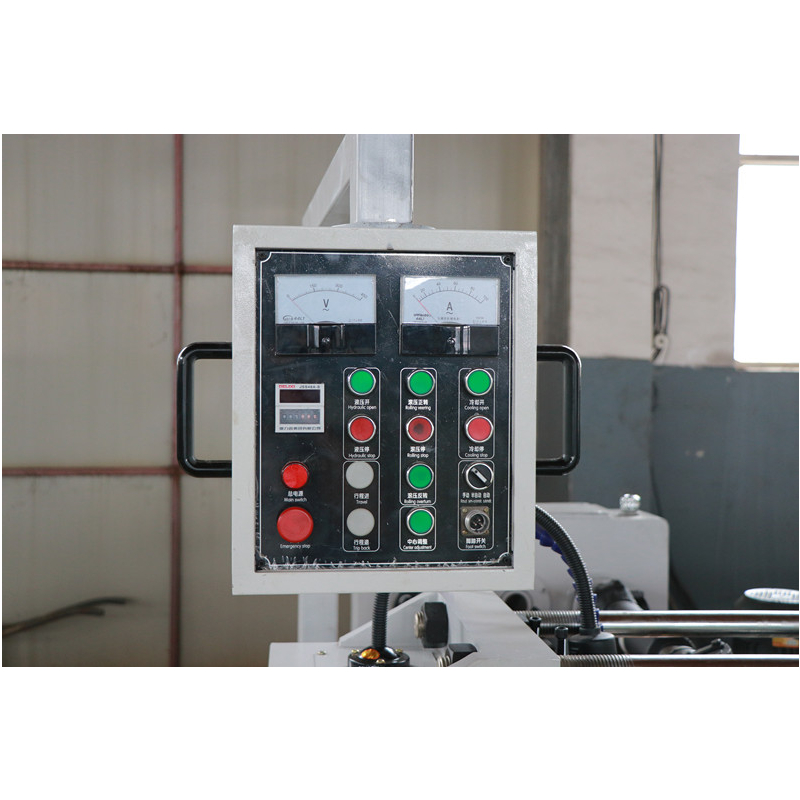
Fig 5: Customer support and spare parts inventory.
Conclusion: Advancing Industry with Precision Thread Rolling Technology
The advanced capabilities of modern thread rolling machines, particularly the reed thread roller, are indispensable for industries demanding precision, strength, and efficiency in their threaded components. From optimizing manufacturing processes and reducing material waste to significantly enhancing the mechanical properties and service life of critical parts, this technology offers a compelling value proposition. As global manufacturing continues to evolve, embracing automation and higher quality standards, the role of sophisticated thread rolling solutions will only grow in importance. By combining cutting-edge engineering with robust support, we empower businesses to achieve superior product quality, boost productivity, and maintain a competitive edge in today's demanding market.
References
- Smith, J. D. (2018). Thread Rolling: Theory and Application. Industrial Press.
- Manufacturing Engineering Magazine. (2021). Advances in Cold Forming Technology. SME.
- ISO 9001:2015 - Quality management systems — Requirements. International Organization for Standardization.
- ASTM A615 / A615M - 20a, Standard Specification for Deformed and Plain Carbon-Steel Bars for Concrete Reinforcement. ASTM International.
- Cold Forming Process Handbook. (2019). Metal Forming Institute.
